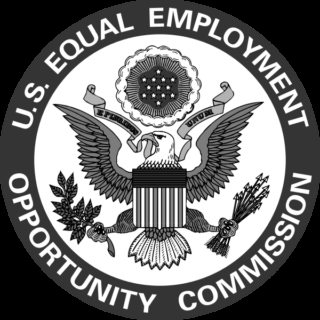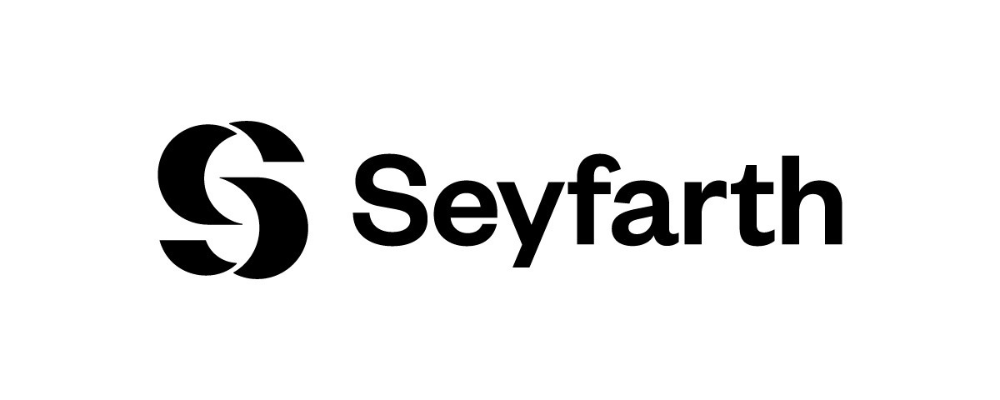By: Adam Rongo, Andrew Scroggins, and Christopher DeGroff
Seyfarth Synopsis: On November 15, 2024, the EEOC released its Agency Financial Report (“AFR”) for Fiscal Year 2024. The AFR is intended to provide a description of the Agency’s financial management and offer high-level performance information. This year’s edition marks the sixth version of the publication, following the release of the inaugural AFR in FY 2019. In years past, the EEOC has used the AFR as a forum to tout its successes in enforcement efforts. In a departure, this year’s AFR includes little information of that type, focusing on how EEOC measures its performance but devoting little space to explaining how it performed in FY 2024.
The EEOC Did Not Include Performance Highlights in its Report
In an interesting change from the last time we issued an update on the EEOC Agency Financial Report, the EEOC did not include a comprehensive list of performance highlights in its report. As an example, the Agency did not include details about its monetary recoveries beyond narrowly discussing its enforcement efforts under the Pregnant Workers Fairness Act (“PWFA”). Instead, the agency highlighted its strategic goals and noted that it met or exceeded 12 of its 15 targets outlined in its Strategic Plan, and partially met the remaining three. However, the agency did not go into detail on what those measures were.
Pregnant Workers Fairness Act
The EEOC appears to be prioritizing its enforcement actions under the PWFA. Specifically, the report focuses on notable investigations the EEOC conducted while enforcing the Act. For example, the EEOC described one charge investigation where it reportedly found evidence that an employer violated the PWFA because it failed to provide a reasonable accommodation and forced an employee to take unpaid leave under the Family and Medical Leave Act (“FMLA”) because of her pregnancy. Following its finding, the charge resolved for over $130,000.00 for the charging party. The resolution also included injunctive relief such as the charging party’s leave being restored. The employer was also required to revise its policy for pregnancy and accommodations and provide annual training.
The report also highlighted another charge investigation that was resolved for over $180,000.00 in monetary relief to a charging party. The charge alleged that the employer had failed to post notices describing the applicable provisions of the PWFA, and that the charging party’s pregnancy-related medical condition was not accommodated and her employment was terminated. In addition to providing monetary relief, resolution of the charge also included an agreement that the employer provide training for supervisory and non-supervisory employees on the federal laws that prohibit employment discrimination based on pregnancy.
The EEOC closed out this section of the report by highlighting that it filed five PWFA lawsuits in 2024. Those lawsuits were filed in Kentucky, Oklahoma, Alabama, Maryland, and Florida. The report indicates that the EEOC is likely to continue to focus on training employers about the PWFA and also continue its aggressive enforcement efforts under the Act. Even with a new administration, we expect the EEOC will make good on this promise, as President Trump’s expected pick for the EEOC Chair position, Andrea Lucas, has signaled her support of the PWFA (although she has questioned the propriety of some EEOC rulemaking under the statute).
Other Key Developments and Initiatives
In addition to its enforcement efforts, the EEOC also highlighted that going into 2025 it plans to continue to update “decade-old public facing portals,” noting its creation of an E-File for attorneys as a highlight of this effort. The EEOC also stated that it is trying to increase access to communities that are not proficient in English. To the extent the EEOC is able to succeed in these efforts, we could see an increase in charges filed with the EEOC.
Implications for Employers
The EEOC continues to give heightened focus to the PWFA in many facets of its communications. That same focus is likely to continue in litigation efforts as well, including aggressive charge enforcement and possible litigation as we move into 2025. Employers should accordingly check their EEO policies to be sure that they comply with the PWFA, and ensure that those policies are posted and available to all employees.
We will continue to monitor trends and developments in the EEOC’s mission, including the types of cases that are filed and how the agency chooses to fight those lawsuits in court. As we do every year, we look forward to providing you an in-depth look at those trends and developments in the months to come.
“With approximately 900 lawyers across 17 offices, Seyfarth Shaw LLP provides advisory, litigation, and transactional legal services to clients worldwide.”
Please visit the firm link to site






